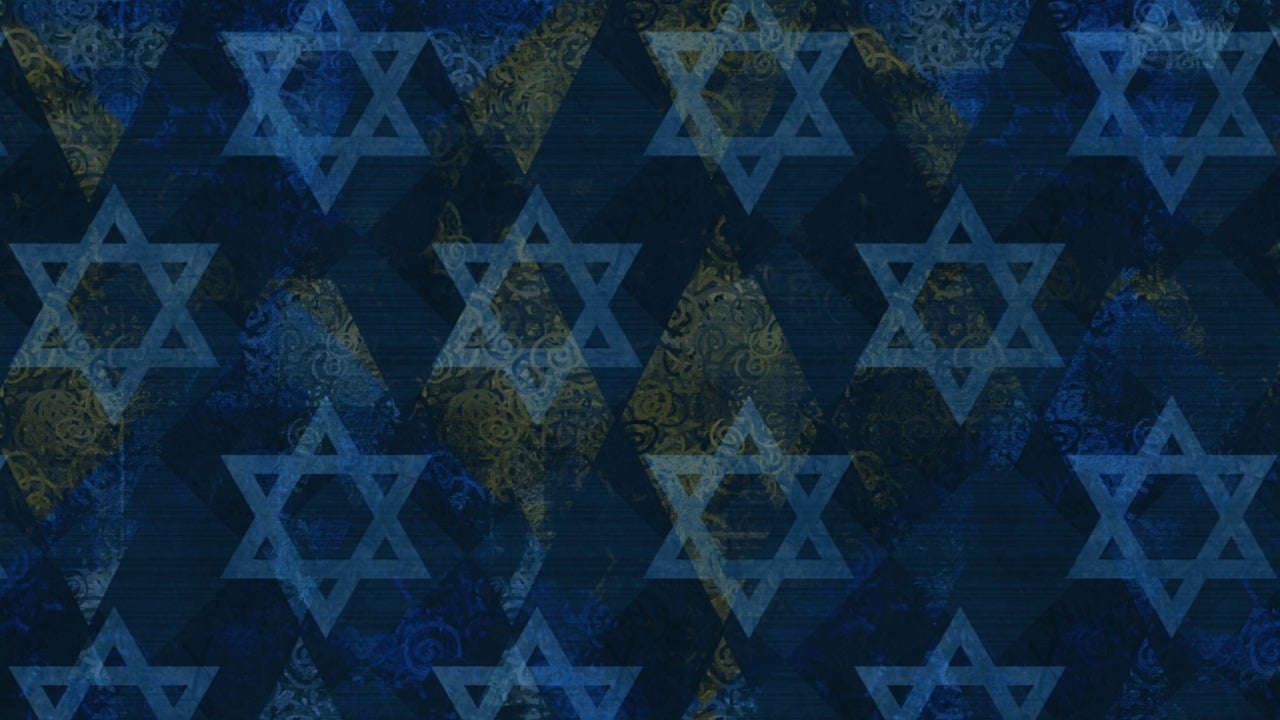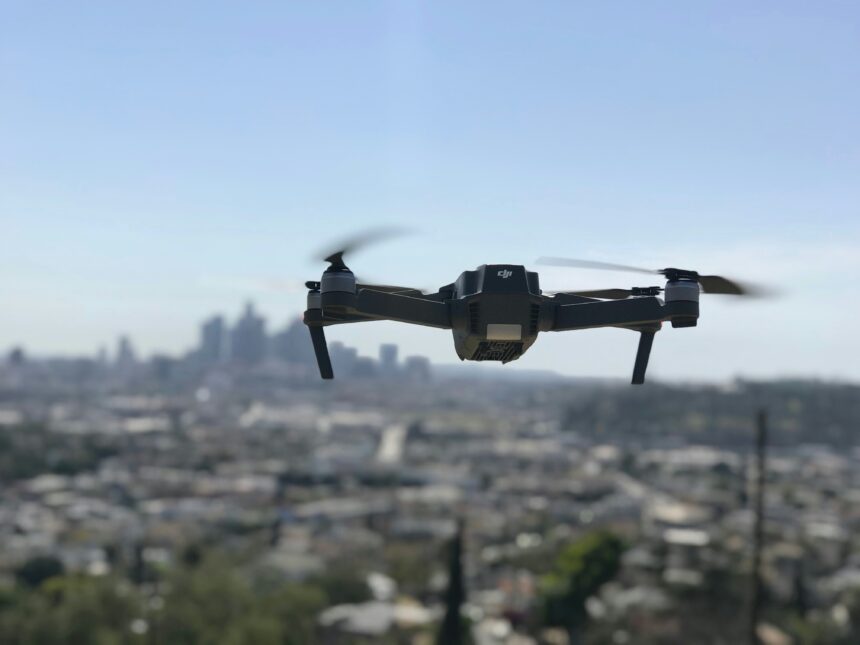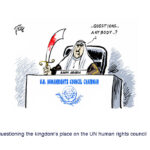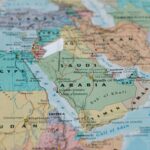An Israeli source, “Nakim,” has raised a critical question based on an alleged interview with Nimrod Shakedy, founder of the anti-drone company Apollo Shield and son of former IAF Commander Eliezer Shakedy:
Could knowledge of Israeli anti-drone technology, gained through sales to Qatar, have provided adversaries with insights into Israeli defense capabilities?
Following up on partial coverage of the deal by Israel’s C14 News, the source located a transcript of this interview, reportedly conducted by Guy Lerer around 2020. The original video recording of the interview is reportedly no longer available online.
According to the transcript presented by “Nakim,” Nimrod Shakedy discussed Apollo Shield’s global operations, including activity in the Middle East. A significant point raised in the alleged interview was the company’s selection by Qatar to provide anti-drone defense systems for the 2022 FIFA World Cup. Shakedy, in the transcript, characterized this as a major achievement for Israeli technology, navigating political sensitivities through the company’s U.S. registration and focusing on providing necessary security solutions. He indicated that the company’s exports were reviewed and approved by the Israel Defense Ministry.
The “Nakim” report highlights this alleged sale in the context of the events of October 7th, 2023. On that day, the Hamas Islamic organization utilized drones effectively to target Israeli military infrastructure, including observation systems and armored vehicles, contributing to the breaches of security in the Gaza envelope communities. The report notes the failure of existing defenses to prevent these drone attacks:
“Why does this interest us?” asks Nakim’s Haim Yativ. “For the simple reason that this system was supposed to protect the Gaza envelope on October 7th and did not do so. Hamas’s drones bombed and neutralized the ‘Ro’eh-Yoreh’ system, destroyed Merkava tanks, and bombed our soldiers, among other places, at the Nir Oz base, as we all watched from Hamas videos.
“Now it turns out that Hamas knew exactly how our anti-drone defense works because of these questionable deals which were approved by the security and political leadership in Israel for the benefit of Qatar/Hamas.”
Yativ continued: “It’s no wonder that Nimrod Shakedy’s interview in Hebrew was removed from the net, and only the transcript remains in Grok’s memory, which we are revealing for the first time”
…Shakedy: We are active in more than 25 countries – airports, military bases, event organizers. I can’t list most of the customers due to confidentiality agreements… We are in the US, Europe, Asia, and the Middle East.
Lerer: The Middle East? That’s not simple for an Israeli company.
Shakedy: It’s sensitive, but security doesn’t sleep because of politics. Our registration in the US helps bypass difficulties, and our technology speaks for itself. Countries want solutions, not disputes.
Lerer: Come on, Nimo, stop just making us curious. What’s the big deal?
Shakedy: Okay, here’s something I’m proud of. Apollo Shield was chosen by Qatar to provide the anti-drone system for the 2022 World Cup. It’s a huge event – millions of viewers, the eyes of the world on it – and they chose us to protect the skies above the stadiums and facilities.
Lerer: Qatar? That’s surprising, with all the politics in the Middle East. How did that happen?
Shakedy: It’s all about technology. Qatar’s security team approached us because they needed a proven solution for an event of this magnitude. Drones can disrupt games, photograph illegally, or worse. Our system proved itself in urban environments, and we beat competitors from all over the world. It shows what Israeli innovation is capable of doing, even in challenging markets.
Lerer: So you’re protecting the World Cup – Mbappé, Neymar, everyone?
Shakedy: [Laughs] Exactly! Our system makes sure the focus is on the field, not on some crazy drone. It’s a big responsibility, and we are really excited.
Lerer: Give us some details about the contract.
Shakedy: I can’t detail too much – the contracts are confidential. It’s a significant deployment, covering key World Cup sites, and we are working closely with the authorities in Qatar to make sure everything runs smoothly…
Lerer: An Israeli company in Qatar – that’s a story. How do you deal with the politics?
Shakedy: We are a business, not flag bearers. Our registration in the US helps, but we don’t hide our Israeli roots. Qatar focused on results, not headlines. They wanted the best technology, and we provided it. I am proud to show what Israel can achieve, even in places you wouldn’t expect.
Lerer: Your experience in the IDF surely helps.
Shakedy: Very much. Gilad and I learned in the IDF to think fast, innovate under pressure, and build systems that work under difficult conditions. That’s what makes the world trust our technology.
Lerer: Is there criticism in Israel about working with Qatar?
Shakedy: There’s a bit of noise, of course. But the Ministry of Defense checks all our exports, and everything is fine. Security technology saves lives – that’s above politics…
Lerer: What’s next for Apollo Shield?
Shakedy: We are expanding operations – new markets, additional customers, and improving our artificial intelligence to stay ahead of new drones. Drones are evolving, so we always need to be a step ahead. We are also raising a new funding round to support growth.
Lerer: How much money have you raised so far?
Shakedy: About 20 million dollars, from investors in the US and globally. We choose investors who understand our vision.
Lerer: Is there a dream customer you are aiming for?
Shakedy: [Laughs] Maybe the Olympics. But really, any place where we can make a difference – airports, cities, you name it.
Lerer: Nimo, this is a crazy story – an Israeli startup protecting the World Cup….
Lerer: That’s all for Kann Mamon tonight. Keep following Israeli success stories. Goodbye!”
While the transcript indicates the sale was a standard business transaction focused on event security and approved by authorities, the report from “Nakim” raises concerns about sensitive technology exports, even those approved.
The disappearance of the alleged interview video from public platforms is also noted in the report, though the reasons for its removal are not stated.
“Nakim’s” article, authored by Haim Yativ, calls for scrutiny regarding the approvals of such deals in light of the events of October 7th, and in light of future security implications of the technology transfers.
